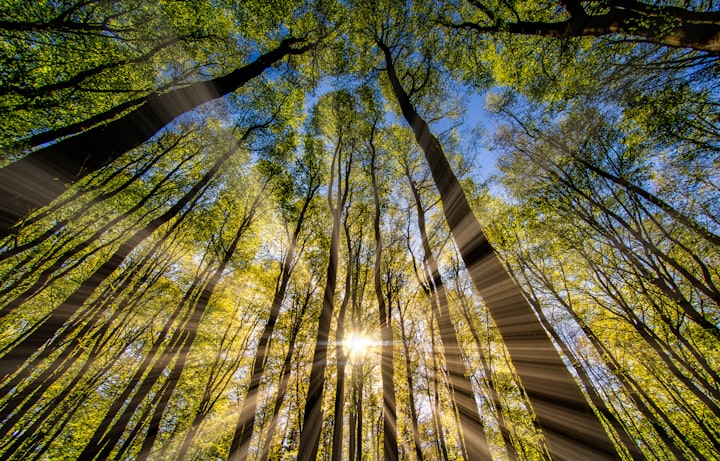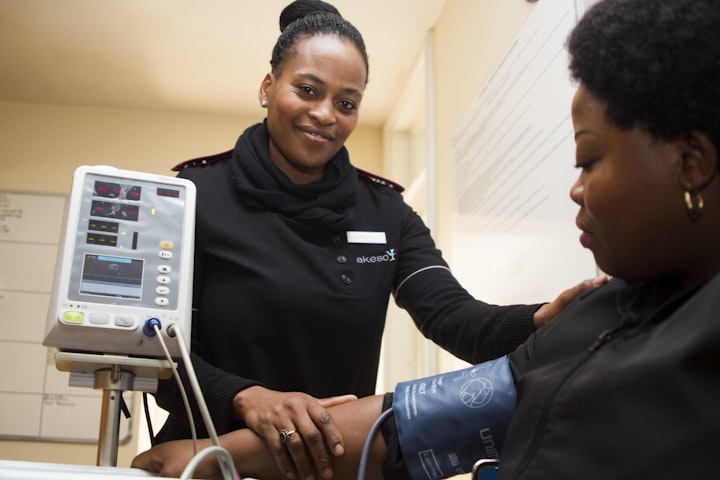
There is an important gland in the human body that regulates sleep quality. You may have learned briefly about it in Human Biology class in school. It probably was skimmed over as not as important as other parts of the body.
Wrong.
The glands, our endocrine system, in the body are very important. Most of us know of the thyroid in the throat or the adrenals above the kidneys or maybe the pituitary gland in the roof of our mouth, but do you know how important this little gland called the pineal gland is to the overall function of the body?
Touch the middle of your forehead. It is the size of a walnut.
That is where your pineal gland resides. It affects something scientists call the cirrcadian rhythm. The cirrcadian rhythm is the internal clock and calendar of the body. It tells the body when to wake up when it is light outside and when to go to sleep when it is dark outside. We, as humans, need both light and dark to function properly.
Have you heard of the vitamin sold at stores called melatonin? People take it to sleep better. The pineal gland regulates the level of melatonin in the body. It affects sleep quality. People with insomnia usually have lower levels of melatonin.
The pineal gland also secretes serotonin. Why is this important? Serotonin is the happy hormone. It regulates levels of happiness, peace, and calm in the body. Lower levels of serotonin can affect depression and mood.
That is just the scientific side of the pineal gland. What does spirituality say about this gland? According to many shamanistic religions, the pineal gland is where the soul in the body exists. To some, it is also called the third eye. When the third eye is opened, the person experiences deep spiritual awakening and insomnia is a result as well as mood changes. Depending on whether you have a good soul or a bad soul, you're sleep will be affected.
Think about children. They sleep very well. As we age though, we all experience less and less sleep. If you want to calm yourself, try using a finger on your forehead and gently close your third eye over and over again by rubbing it softly over your pineal gland from top to bottom.
The pineal gland is small, located in the brain, and is in the epithalamus. This gland also helps women to be fertile as it regulates the menstrual cycle and feminine hormones. Problems that can arise from a malfunctioning pineal gland are supposedly infertility, mood issues, or even Alzheimers.
Some folks say the fluoride in water can "calcify" the pineal gland. Flourides and pesticides in water can cause hard crystals to form in the gland and impair function. These hard crystals are also correlated to joint pain and potentially arthritis and such in other parts of the body.
Besides these things, the pineal gland serves to regulate body temperature. It measures the amount of light and dark you receive daily. It tells your body what season you are in, what day of the year it is, and it tells your body the length of the day.
How can you protect your pineal gland function?
1. Get plenty of rest in a dark room.
2. Perhaps take a nap bathed in warm sunlight during the day for at least 15 minutes. Sunlight affects humans just like photosynthesis for plants. We humans synthesis this sunlight too. Increased sunlight exposure boosts the immune system. It creates Vitamin D3 in the body which helps with metabolic function and protects the respiratory system from disease. There are many studies now that Vitamin D3 can help against Covid. Vitamin D Deficiency is correlated to increased risk of mortality with Covid cases. People with more melanoma in their skin need more sun exposure to acquire sufficient levels of sun or Vitamin D. Simply put, the darker your skin tone, the more sunlight you need. Some people recommend 15 minutes a day in fresh air and sunlight. Sunlight also positively affects serotonin or mood.
3. Do not sleep near electromagnetic fields generated by your electronic devices. This will disrupt your cirrcadian rhythm. Keep your cell phone away from your bedside.
4. Get more green light and less blue light. Green light comes from nature. Blue light comes from electrical devices. Replace LEDs in the house with halogen or incandescent bulbs.
5. Do not drink caffeine.
6. Do not drink alcohol. Both of these drinks inhibit melatonin production.
7. Eat fruits and vegetables and try to keep your body more alkaline by drinking green tea or introducing grasses like spirulina into your green smoothies.
About the Creator
Janea Speer
Janea writes interesting fiction in the evenings as her hobby. She goes by the name J. Speer on Amazon where she sells 5 small books currently.






Comments
There are no comments for this story
Be the first to respond and start the conversation.